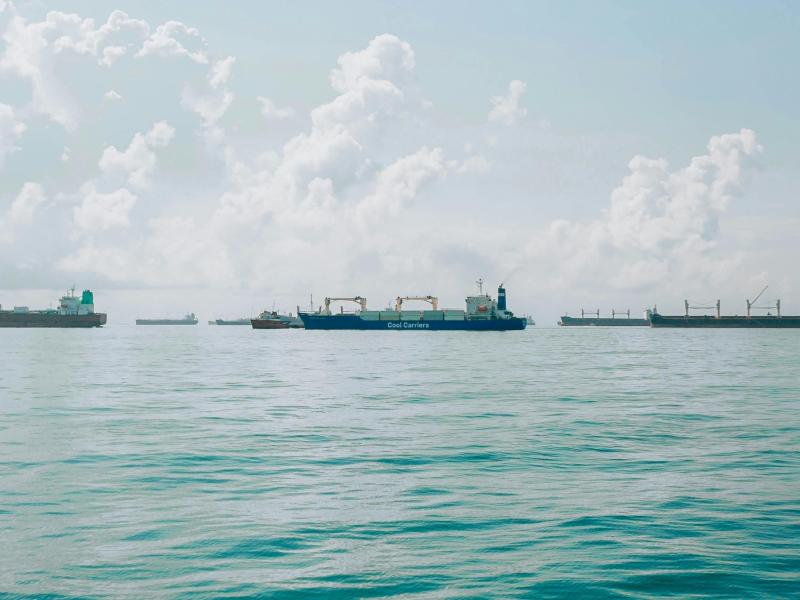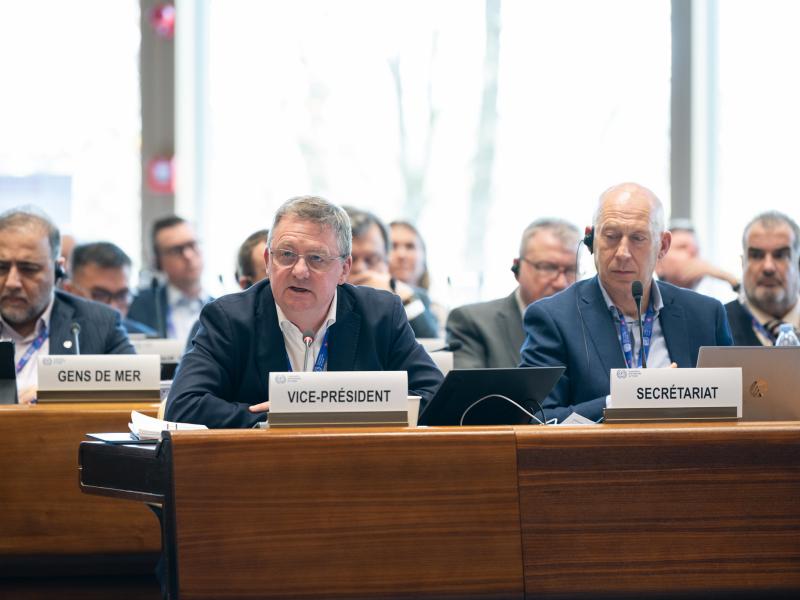Professor Papa Sakho, Laboratory of Human Geography, Cheikh Anta Diop University, Dakar
When Covid-19 restrictions were introduced last year, public transport systems came to a near standstill overnight. Across Africa, lockdowns and social distancing measures to contain the virus have resulted in an estimated 81% decline in earnings, with around 28 million full time jobs lost in West Africa alone, according to the International Labour Organization.
In Dakar, the authorities have provided relief packages to support the formal transport sector. The Senegalese government knows how important informal workers are to the national economy, recently creating a new ministerial role to overlook informal work. Yet it overlooked the role of informal transport systems in the city’s economy. The authorities have also failed to provide meaningful support to informal workers, whose livelihoods are largely dependent on customers, and whose realities are not so easily captured in official statistics. This oversight of informal workers could push thousands of families into poverty and harm Senegal’s progress on several Sustainable Development Goals, such as reducing poverty, gender and other inequalities, or building resilient economies and cities.
Dakar’s informal transport workers were already vulnerable before the pandemic, as a new report by the Cheikh Anta Diop University and Global Labour Institute shows. Our report, commissioned by the International Transport Workers’ Federation, highlights the concerns and experiences of Dakar’s informal public transport workers. Based on data gathered before the pandemic, it finds extreme levels of insecurity among Dakar’s informal transport workers, with only six percent saying they had a job contract with their employer.
Two-thirds of all workers surveyed (68.7 percent) did not have regular jobs, while 57 percent of workers interviewed reported receiving their incomes directly from customer fares. Critically, the report finds the city’s planned Bus Rapid Transit (BRT) project puts 5,000-10,000 jobs in the informal sector at risk.
Such large-scale job losses need not be the case. By formalising areas of Dakar’s informal transport economy and reducing social inequalities, BRT could help build both a stronger future transport system and a more prosperous city. For a just transition from informal to formal transport, greater consideration of the nature of Dakar’s informal workforce, together with an assessment of the potential implications of BRT upon the livelihoods and working conditions of informal workers, is needed. But as the report notes, very few informal workers appear to have been consulted in the initial planning stages. This has been a repeated shortcoming of many of Africa's BRT projects.
There are several things the Senegalese authorities and major donors, like the World Bank, could do to achieve a truly transformative BRT and public transport system. First, workers’ own proposals for formalising their industry should be heard. These include improved social protection and regulation to ensure workers have employment contracts and reduced working hours. There should be more opportunities for vocational training, particularly for women, and informal workers should be prioritised in BRT recruitment. Workspaces should also be improved, including through the provision of such facilities as toilets, shelter and drinking water in bus stations.
Second, the authorities should support workers’ whose jobs will be lost to BRT, providing compensation for loss of earnings and relocating workers to new areas. More must also be done to analyse the gendered impacts of BRT. There are more women than men working in Dakar’s most precarious transport occupations, meaning they are likely to be most impacted by automation and the introduction of BRT.
This should be accompanied by more analysis on the informal transport micro-economy, feeder route services and worker earnings. As other research has shown, there is scant independent analysis on the success and failures and overall impacts of BRT in Africa, with a tendency to ignore how BRT interacts with other modes of informal transport. It's important for more research to be done in this regard.
Ultimately, BRT's success depends not only on sound design and engineering, but also on long-term and inclusive business models that address the underlying problems of the informal transport political economy. We now have an opportunity to create a BRT system that integrates with all public transport modes in Dakar, and puts people – both passengers and workers, informal and formal, at the heart of its development. We cannot afford to repeat the same mistakes with public transport as we did in the pre-pandemic world.



